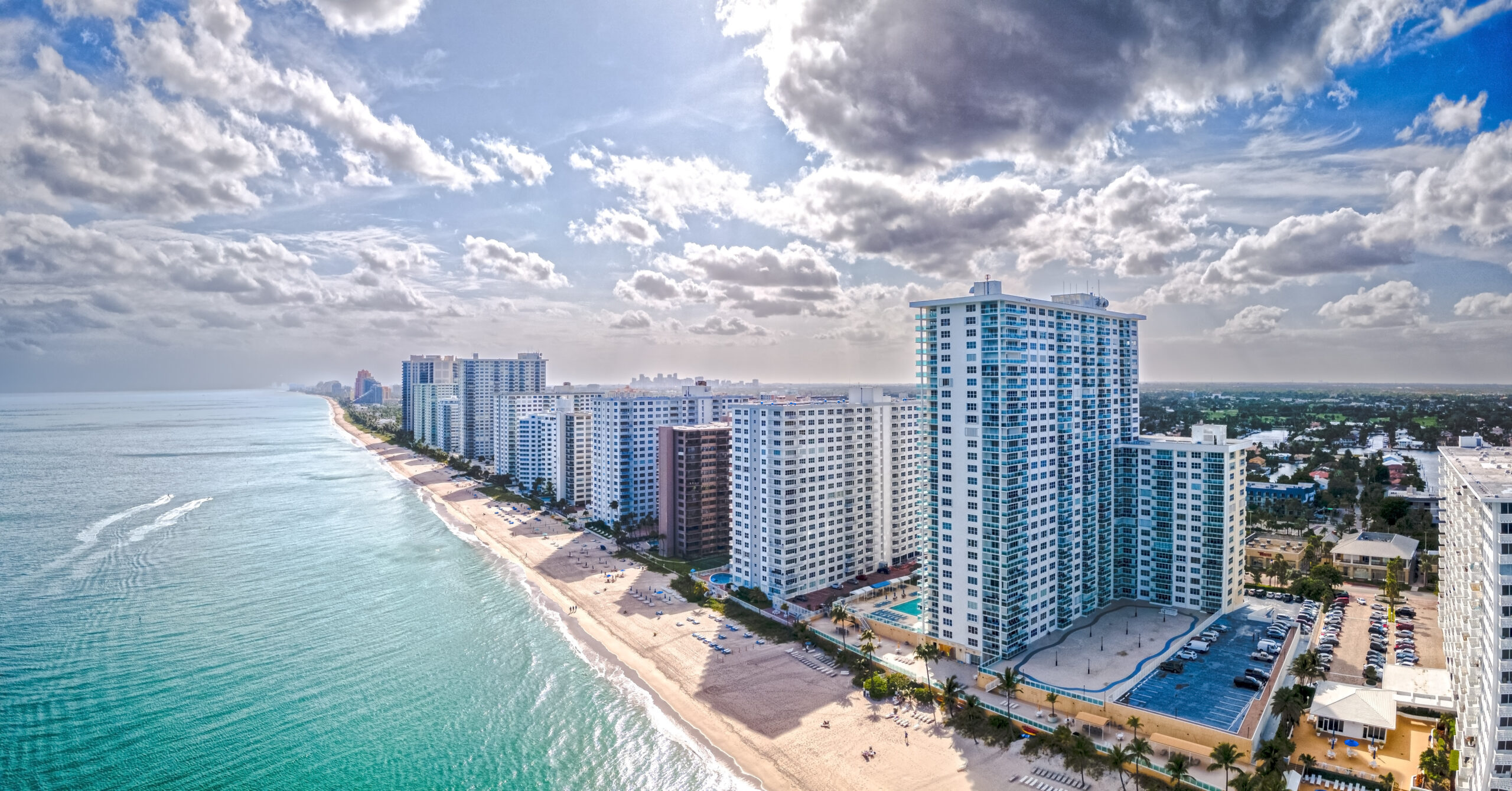
It is not just residential condominium buildings that are subject to Florida’s building recertification requirements. Florida’s dynamic landscape is adorned with a multitude of hotels and commercial buildings, serving as pillars of its bustling economy and vibrant tourism industry. However, amidst the allure of these structures lies the imperative of ensuring their safety and longevity. Florida mandates rigorous recertification inspections once a building becomes 30 years of age for all buildings, including hotels, commercial buildings and high-rise condominiums.
Here is a quick recap of the ordinance rules:
The state law that went into effect in May 2022, created new requirements for milestone inspections of condominium and cooperative association buildings that are three stories and taller. Miami-Dade County has had a building recertification program since 1975, which was amended on June 1, 2022. The integration of the new law together with the amended Miami-Dade ordinance has the following impacts to all existing buildings in Miami-Dade County:
All buildings built on or before 1982 that have already had an initial recertification inspection through Miami-Dade’s 40-Year program will continue to follow the established schedule.
Coastal buildings three stories or taller built between 1983 and 1997 and located within three miles of the coastline must have a recertification inspection by December 31, 2024, and every 10 years thereafter. These buildings are being identified through a GIS mapping project. All other buildings built between 1983 and 1992 must have a recertification inspection by December 31, 2024, and every 10 years thereafter.
All condominium and cooperative association buildings that are three stories or taller located within three miles of the coastline built on or after 1998 must have a building recertification inspection when the building age reaches 25 years, and every 10 years thereafter. All other buildings built on or after 1993 must have a recertification inspection when the building age reaches 30 years, and every 10 years thereafter.
According to the state of Florida, here is how the process starts:
Each year, new properties become subject to the recertification process at 30 years and every 10-year interval thereafter for the life of the structure, pursuant to Section 8-11(f) of the Code of Miami-Dade County. For those properties that require certification, the property owners receive a Notice of Required Recertification to commence the process. The recertification reports must be submitted within 90 days from the date of notice.
Note that the following types of residences do not go through the recertification process: single-family homes, duplexes, and buildings with 10 occupant load or less and 2,000 square feet or less.
After Notification
Property owners must submit written recertification reports prepared by a Florida-registered professional engineer or architect, certifying each building or structure is structurally and electrically safe for the specified use for continued occupancy. The design professional must have proven qualifications by training and experience in the specific technical field covered in the inspection report (structural and/or electrical).
Process of Recertification Inspections
The process of recertification inspections for all buildings entails an evaluation of various critical components, including structural integrity, electrical systems, fire safety measures, accessibility standards, and parking lot lighting and safety. (Specific requirements vary depending on the jurisdiction) Professional Engineers must be hired to examine each required aspect, identifying deficiencies and recommending corrective actions to address potential hazards and ensure compliance with regulatory requirements. Engaging a professional engineer to conduct examination and analysis, these inspections help buildings to remain safe, functional, and resilient in the face of natural aging and deterioration in an aggressive environment.
Benefits of Recertification Inspections
The benefits of mandatory recertification inspections for hotels and commercial buildings are far-reaching and go beyond just state compliance. By proactively identifying and addressing potential hazards, these inspections mitigate the risk of accidents, injuries, and property damage, thereby safeguarding lives and your real estate investment. Compliance with rigorous safety standards enhances the overall quality and reputation of buildings, instilling confidence in occupants, visitors, and investors alike.
Moreover, modernization efforts undertaken during recertification can improve energy efficiency, reduce operational costs, and minimize environmental impact, aligning with global sustainability objectives. Additionally, making repairs and improvements earlier, rather than later generally will reduce the overall lifecycle cost of building ownership. Ultimately, the benefits of recertification inspections extend beyond regulatory compliance to encompass enhanced safety, sustainability, and resilience in the built environment.
Impact on Florida’s Built Environment
The reputational benefits of prioritizing safety and sustainability position Florida as a leader in responsible development and tourism, attracting investment, talent, and visitors from around the world. Thus, the impact of recertification inspections extends beyond individual buildings to encompass the broader built environment, contributing to the resilience, sustainability, and prosperity of the Sunshine State. These inspections represent not only a regulatory mandate but also a testament to Florida’s unwavering dedication to building a safer, more sustainable future for generations to come.
